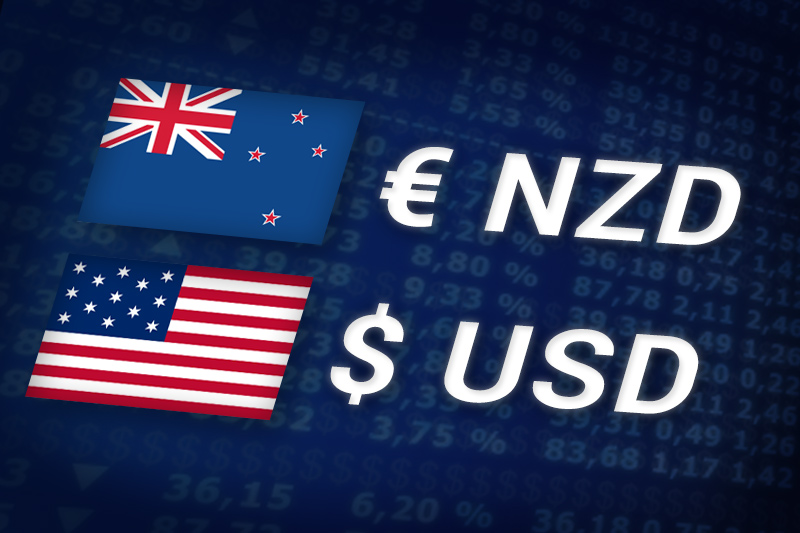Investing.com - The New Zealand dollar was higher against its U.S. counterpart on Tuesday, as hopes of progress in Greek debt talks later in the day mildly supported market sentiment although investors remained cautious.
NZD/USD hit 0.8365 during late Asian trade, the pair’s highest since February 3; the pair subsequently consolidated at 0.8367, adding 0.35%.
The pair was likely to find support at 0.8309, the low of February 2 and resistance at 0.8449, the high of September 5.
Greek Prime Minister Lucas Papademos was to meet with coalition leaders later in the day to discuss the implementation of additional fiscal measures needed in order to secure a second bailout, after failing to strike a deal on Monday.
European Union officials have said a final agreement on Greece’s EUR130 billion bailout must be approved by February 15, in order to avert a default when a EUR14.5 billion bond repayment comes due on March 20.
In New Zealand, official data showed earlier that labor costs rose more-than-expected in the fourth quarter, advancing 0.7% after a 0.5% rise the previous quarter.
Analysts had expected labor costs to rise 0.5% in the fourth quarter.
Elsewhere, the kiwi was lower against the Australian dollar with AUD/NZD gaining 0.46%, to hit 1.2915.
Also Tuesday, the Reserve Bank of Australia kept interest rates unchanged at 4.25% earlier, confounding expectations for a 0.25% cut, but the bank left the door open to further monetary easing if domestic demand weakened further.
Later in the day, Federal Reserve Chairman Ben Bernanke was due to testify on the economic outlook and federal budget situation before the Senate Budget Committee in Washington.
NZD/USD hit 0.8365 during late Asian trade, the pair’s highest since February 3; the pair subsequently consolidated at 0.8367, adding 0.35%.
The pair was likely to find support at 0.8309, the low of February 2 and resistance at 0.8449, the high of September 5.
Greek Prime Minister Lucas Papademos was to meet with coalition leaders later in the day to discuss the implementation of additional fiscal measures needed in order to secure a second bailout, after failing to strike a deal on Monday.
European Union officials have said a final agreement on Greece’s EUR130 billion bailout must be approved by February 15, in order to avert a default when a EUR14.5 billion bond repayment comes due on March 20.
In New Zealand, official data showed earlier that labor costs rose more-than-expected in the fourth quarter, advancing 0.7% after a 0.5% rise the previous quarter.
Analysts had expected labor costs to rise 0.5% in the fourth quarter.
Elsewhere, the kiwi was lower against the Australian dollar with AUD/NZD gaining 0.46%, to hit 1.2915.
Also Tuesday, the Reserve Bank of Australia kept interest rates unchanged at 4.25% earlier, confounding expectations for a 0.25% cut, but the bank left the door open to further monetary easing if domestic demand weakened further.
Later in the day, Federal Reserve Chairman Ben Bernanke was due to testify on the economic outlook and federal budget situation before the Senate Budget Committee in Washington.
